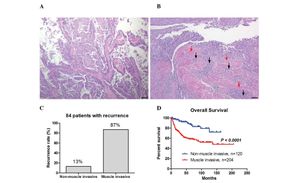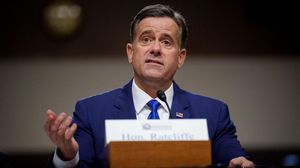Saudi Arabia is embarking on significant economic changes as part of its Vision 2030 initiative, aimed at diversifying its economy beyond oil dependence. Spearheaded by Crown Prince Mohammed bin Salman, the Vision initiative sets ambitious targets for growth across multiple sectors including tourism, entertainment, and technology.
Officially launched in April 2016, Vision 2030 has been geared toward bolstering the private sector to create jobs and attract foreign investments. With various milestones achieved since its inception, recent projections for 2025 indicate notable advancements and expectations for the kingdom.
After decades of relying primarily on oil exports, the Saudi government is reforming its economy to maximize sustainability and stability. By intensifying efforts to promote tourism and entertainment sectors, officials aim to create new job opportunities and increase the overall resilience of the economy against fluctuative global oil prices.
One of the flagship projects under Vision 2030 is NEOM—a $500 billion mega-city which combines innovation with environmental sustainability. Located along the Red Sea, the ambitious plans for NEOM reflect the forward-thinking nature of not just the city but the broader Vision initiative itself. Once complete, NEOM is expected to redefine urban living and attract global talent, investment, and tourism.
Specific entertainment initiatives and large-scale events are also being planned to engage both locals and international tourists. This includes enhancements to theme parks, music festivals, and cultural events, which together are part of the extensive strategy to boost tourism to the kingdom.
"Saudi Arabia is on the brink of transforming its economy through the Vision 2030 initiative, marking significant changes for its future," noted John Smith, reflecting on the transformative period within the nation. Such events are anticipated to create thousands of direct and indirect jobs, thereby stimulating various sectors within the economy.
Regulation changes are also underway to facilitate foreign investment. New laws streamline processes, allowing easier entry for international businesses, which is integral to attaining the targets set forth by the Vision. "Vision 2030 is not just about diversification but about creating the Saudi of tomorrow, where innovation and creativity thrive," said Ahmed Al-Fahad, on the importance of embracing new paradigms of business.
To improve public transportation infrastructure—an area targeted for investment—Saudi Arabia is also focusing on developing its domestic transport networks. This includes initiatives aimed at establishing efficient and modern transit solutions for both residents and visitors.
Nonetheless, like any significant nationwide overhaul, challenges continue to arise. Social norms and regulatory frameworks have to be continuously adapted to encourage progressive changes. Initiatives aiming to broaden the tourism market must be partnered with equal efforts to educate and inform the local populace.
Experts remain optimistic about the long-term prospects of Saudi Arabia’s economic transformation. With dedicated leadership and strategic planning, the country is set to position itself not just as the leading oil supplier but as a diverse economy capable of thriving independently within global markets.
Vision 2030 is reshaping the narrative of Saudi Arabia on the world stage. This evolution embodies more than just economic goals; it signifies cultural and social change expected to resonate throughout the kingdom for generations to come.
Through visionary planning and rigorous implementation, Saudi Arabia is charting a new course for its economy, ensuring sustainability and resilience for the future.



